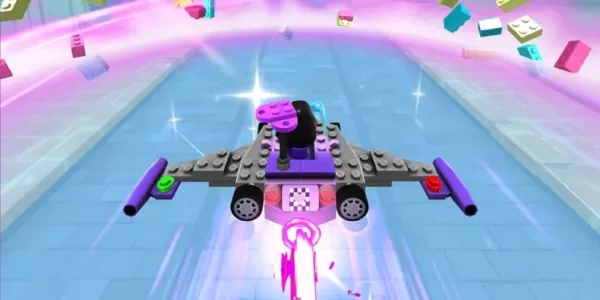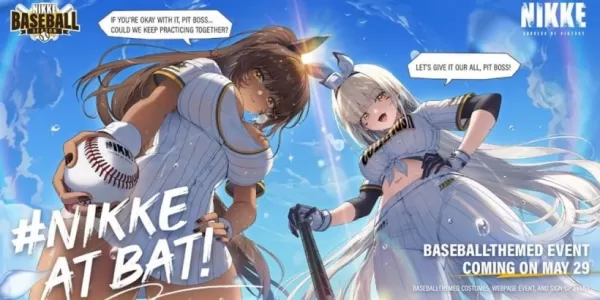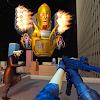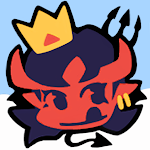Astro Bot fans are likely familiar with the origin story of the sponge power-up, but here's something you might not know: Team Asobi also explored wilder mechanics like a coffee grinder and a roulette wheel during development.
This intriguing detail came to light when IGN attended GDC 2025 and caught Team Asobi studio director Nicolas Doucet’s presentation titled, “The Making of 'ASTRO BOT'.” In his talk, Doucet offered an in-depth look at how the PlayStation mascot platformer was created, revealing early prototype images, cut content, and behind-the-scenes insights into the game’s evolution.
He began by discussing the initial pitch for Astro Bot, which was first drafted in May 2021—just a few months after prototyping began. According to Doucet, the team went through 23 different revisions before presenting it to top management. The final version of the pitch was delivered as a charming comic strip that illustrated the game’s core pillars and activities. Clearly, it worked.
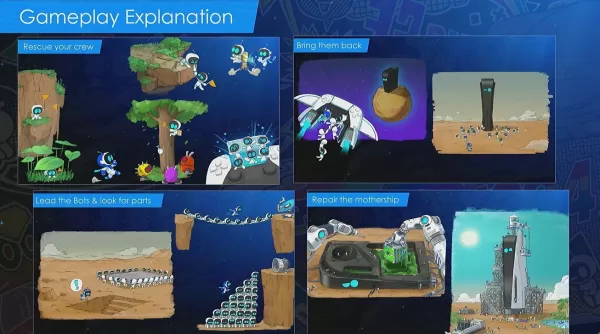 A slide from Nicholas Doucet's GDC talk, The Making of 'ASTRO BOT', showing a comic book-style explanation of the game's pitch.
A slide from Nicholas Doucet's GDC talk, The Making of 'ASTRO BOT', showing a comic book-style explanation of the game's pitch.
When it came to idea generation, brainstorming played a central role. Team Asobi organized small cross-disciplinary groups of five to six people who each jotted or sketched their ideas on sticky notes. This led to some wildly creative brainstorming boards filled with imaginative possibilities.
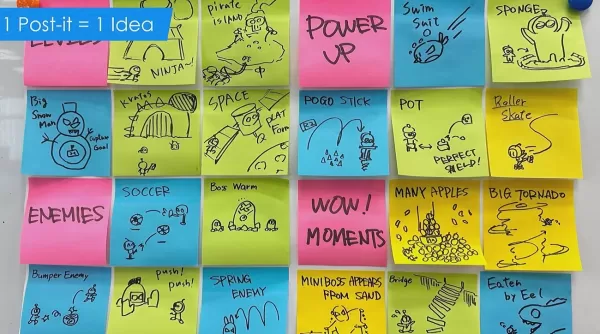 Another slide from the talk, showcasing sticky note brainstorms from Team Asobi.
Another slide from the talk, showcasing sticky note brainstorms from Team Asobi.
However, not every idea made it past the brainstorming stage. Doucet noted that only about 10% of concepts moved on to prototyping—though even that represented a large volume of experimentation. Prototyping was deeply embedded in Team Asobi’s culture, with all departments encouraged to try out new ideas. For example, audio designers built a mini theater inside Astro Bot to test haptic feedback tied to sound effects like various door-opening mechanics.
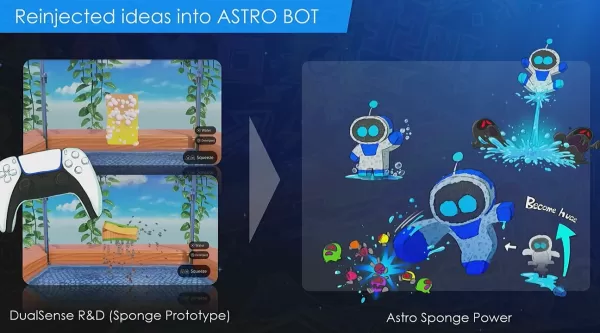 Another slide from the talk, showing a sponge prototype alongside concept art of Astro Bot transforming into a sponge.
Another slide from the talk, showing a sponge prototype alongside concept art of Astro Bot transforming into a sponge.
Prototyping wasn’t limited to gameplay specialists. Some programmers were even assigned specifically to explore non-platforming-related ideas. It was during one of these explorations that the now-iconic sponge mechanic was born—when a prototype used the adaptive trigger to simulate squeezing out water. It was fun, intuitive, and ultimately became a key part of the game.
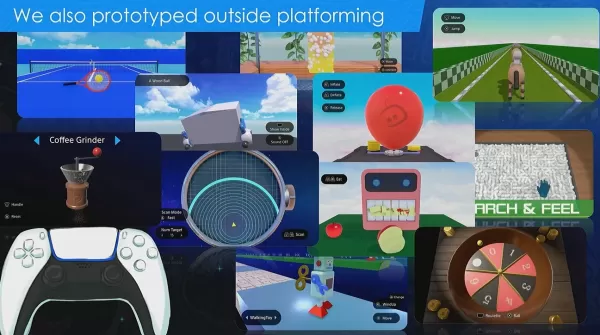 A slide from the talk displaying various prototype activities developed for Astro Bot.
A slide from the talk displaying various prototype activities developed for Astro Bot.
Doucet shared a slide featuring several unused prototypes, including the tennis-themed activity, a walking wind-up toy, a roulette wheel, and yes—even a coffee grinder. While those didn’t make the final cut, they represent the breadth of creativity explored during development.
Later in the talk, Doucet explained how levels were designed around specific mechanics to ensure variety across the game. Each level aimed to offer unique gameplay experiences, avoiding repetition. Even if a power-up appeared more than once, its usage had to feel distinct enough to justify inclusion. For instance, a bird-themed level was cut because it reused the monkey power-up too similarly to another existing level.
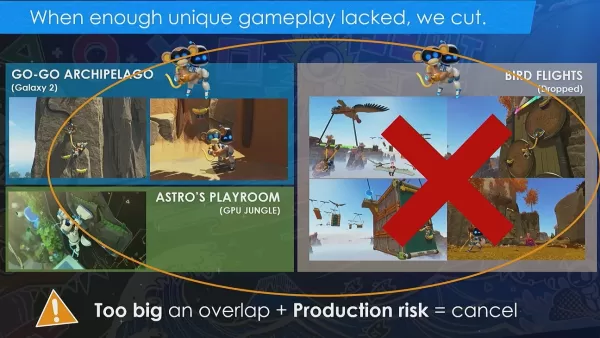 Another slide, showing a cut level from Astro Bot next to two implemented ones.
Another slide, showing a cut level from Astro Bot next to two implemented ones.
Doucet concluded the talk by discussing the game’s final scene—spoiler alert if you haven't completed Astro Bot yet. Proceed with caution.
In the ending, players reassemble a broken Astro Bot using limbs collected from other bots. Originally, the design called for Astro to be completely dismembered—no head, no arms, just a torso. However, this design upset some players during testing, so the team opted for a slightly more intact version seen in the final game.
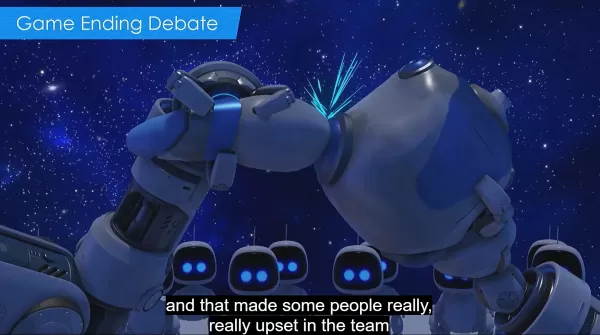 A clip from Doucet's presentation showing the original ending of Astro Bot.
A clip from Doucet's presentation showing the original ending of Astro Bot.
Doucet’s session was packed with additional details about the development journey of Astro Bot. We’ve previously spoken with him multiple times about the making of the game, which earned a 9/10 in our review and was praised as "A fantastically inventive platformer in its own right, Astro Bot is particularly special for anyone with a place in their heart for PlayStation."


